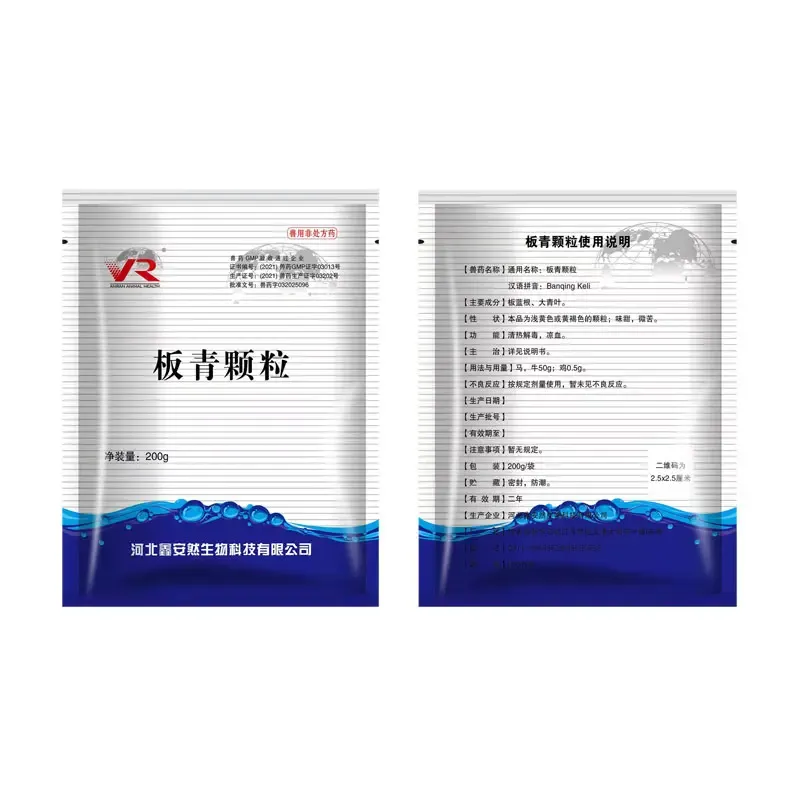- Afrikaans
- Albanian
- Amharic
- Arabic
- Armenian
- Azerbaijani
- Basque
- Belarusian
- Bengali
- Bosnian
- Bulgarian
- Catalan
- Cebuano
- Corsican
- Croatian
- Czech
- Danish
- Dutch
- English
- Esperanto
- Estonian
- Finnish
- French
- Frisian
- Galician
- Georgian
- German
- Greek
- Gujarati
- Haitian Creole
- hausa
- hawaiian
- Hebrew
- Hindi
- Miao
- Hungarian
- Icelandic
- igbo
- Indonesian
- irish
- Italian
- Japanese
- Javanese
- Kannada
- kazakh
- Khmer
- Rwandese
- Korean
- Kurdish
- Kyrgyz
- Lao
- Latin
- Latvian
- Lithuanian
- Luxembourgish
- Macedonian
- Malgashi
- Malay
- Malayalam
- Maltese
- Maori
- Marathi
- Mongolian
- Myanmar
- Nepali
- Norwegian
- Norwegian
- Occitan
- Pashto
- Persian
- Polish
- Portuguese
- Punjabi
- Romanian
- Russian
- Samoan
- Scottish Gaelic
- Serbian
- Sesotho
- Shona
- Sindhi
- Sinhala
- Slovak
- Slovenian
- Somali
- Spanish
- Sundanese
- Swahili
- Swedish
- Tagalog
- Tajik
- Tamil
- Tatar
- Telugu
- Thai
- Turkish
- Turkmen
- Ukrainian
- Urdu
- Uighur
- Uzbek
- Vietnamese
- Welsh
- Bantu
- Yiddish
- Yoruba
- Zulu
Dec . 11, 2024 10:45 Back to list
Is Injectable Ivermectin Safe for Equine Use in Horses?
Can You Give Injectable Ivermectin to Horses?
Ivermectin is an antiparasitic medication widely used in veterinary medicine, known for its effectiveness in treating a variety of parasitic infections in animals, including horses. Initially developed for use in livestock, ivermectin has become a staple in the equine industry due to its ability to combat internal and external parasites. However, when it comes to administering ivermectin, questions arise regarding the formulation and route of administration, particularly the use of injectable ivermectin in horses.
Ivermectin is typically available in several forms, including oral pastes, gels, and injectables. The most common method of administration to horses is through an oral paste, which is favored for its ease of use and efficacy. The injectable formulation, while available, is less commonly used in equines. This is primarily because most horse owners find the oral route more practical and less stressful for the animal. Additionally, the oral formulations are specifically calibrated for the dosages needed in horses, which helps to ensure accurate treatment.
Injectable ivermectin does exist, but it is important to note that this formulation is mainly intended for use in other species, such as cattle and certain companion animals. The pharmacokinetics of ivermectin can vary significantly across species, which means that doses suitable for one animal type may not be appropriate for another. In horses, dosing must be closely monitored, and specialized injectable formulations may not have been thoroughly validated for equine use.
Moreover, the potential for adverse reactions should not be overlooked. While ivermectin is generally considered safe for horses, using a formulation intended for a different species could lead to unexpected side effects or toxicity. Anecdotal reports suggest that some horses may experience reactions to injectable ivermectin, which can include localized swelling at the injection site, allergic reactions, or even more severe systemic effects.
can you give injectable ivermectin to horses

To ensure the health and safety of the horse, it is critical for horse owners to consult with a veterinarian before administering any medications, especially injectables. A veterinarian can provide valuable guidance on the most appropriate formulation for the specific needs of the horse, along with the correct dosage and administration route. They can also advise on the timing of treatments and whether any additional interventions are necessary to support the horse’s health.
In terms of treating parasitic infections, preventative care is essential. Regular deworming schedules should be established, based on fecal egg counts and the specific parasite threats in a given environment. Targeted deworming can help keep a horse healthy and reduce the likelihood of developing resistance to common dewormers.
In summary, while injectable ivermectin is available, it is not generally recommended for horses unless under the direct supervision of a veterinarian. The risks associated with using an injectable form designed for other species can outweigh the benefits, particularly given the effective alternatives readily available in the marketplace. The oral formulations of ivermectin are preferred due to their proven efficacy and ease of administration.
Horse owners are best served by discussing their equine health needs with a veterinarian who can offer tailored advice and treatment options based on current evidence-based practices. By prioritizing the health and well-being of their animals, horse owners can ensure that their equine companions remain free from parasitic infections without unnecessary risks associated with inappropriate medication use.
-
Guide to Oxytetracycline Injection
NewsMar.27,2025
-
Guide to Colistin Sulphate
NewsMar.27,2025
-
Gentamicin Sulfate: Uses, Price, And Key Information
NewsMar.27,2025
-
Enrofloxacin Injection: Uses, Price, And Supplier Information
NewsMar.27,2025
-
Dexamethasone Sodium Phosphate Injection: Uses, Price, And Key Information
NewsMar.27,2025
-
Albendazole Tablet: Uses, Dosage, Cost, And Key Information
NewsMar.27,2025













